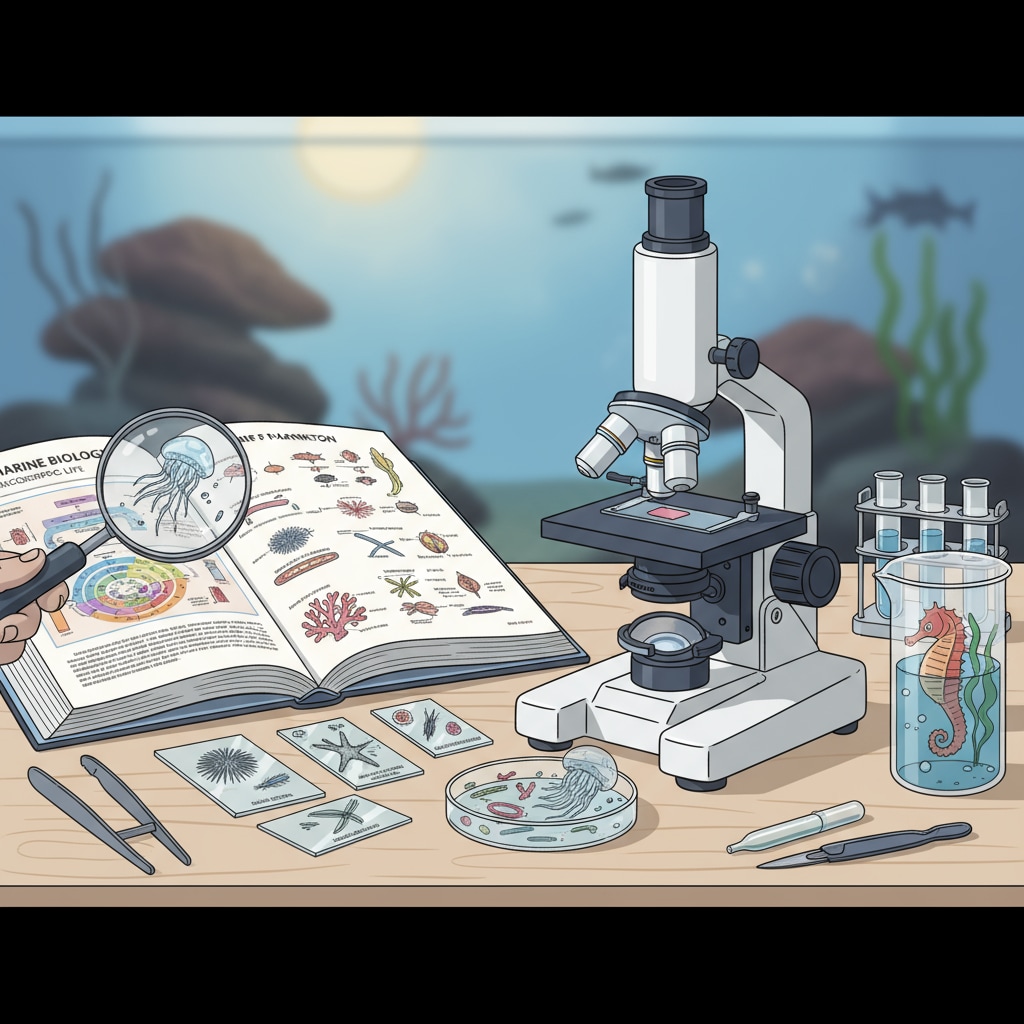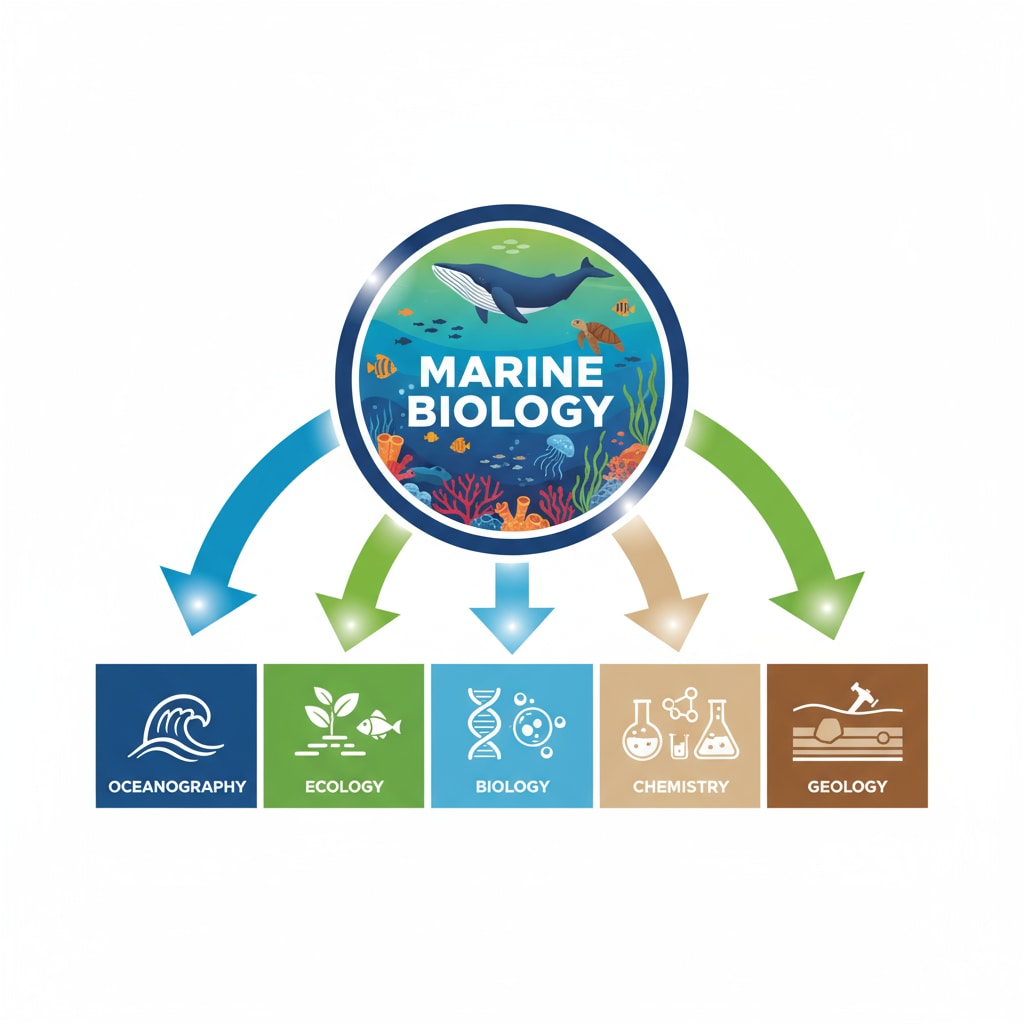Embarking on the journey of obtaining a science degree, especially in fields like marine biology and environmental science, can seem daunting for those without a prior science background. However, with the right approach and determination, it is entirely feasible. These fields offer a world of opportunities to explore the mysteries of the ocean and understand the delicate balance of our environment.

Overcoming the Initial Hurdles
One of the first challenges for students without a science background is the lack of basic knowledge. Concepts in biology, chemistry, and physics form the foundation for both marine biology and environmental science. For example, understanding chemical reactions is crucial in analyzing water quality in marine ecosystems. To bridge this gap, it’s advisable to start with introductory courses. Many universities offer pre-college or foundation programs that cover the essentials of these subjects. Online platforms like Khan Academy also provide free, comprehensive resources to build a basic understanding.

Effective Learning Strategies
Once the basics are in place, adopting effective learning strategies is key. In marine biology, hands-on experience is invaluable. Participating in field trips to the ocean, visiting marine research stations, or even volunteering at aquariums can enhance understanding. In environmental science, data collection and analysis play a significant role. Learning how to use scientific instruments and software for data analysis will be beneficial. Additionally, forming study groups with peers who have a similar interest can create a supportive learning environment. This way, students can discuss complex topics, share knowledge, and learn from each other’s perspectives.
Success stories abound of students who started with no science background and went on to excel in these fields. For instance, some individuals switched from humanities majors to pursue marine biology degrees. They dedicated extra time to catch up on the required knowledge, participated actively in research projects, and eventually made significant contributions to the field. These stories serve as inspiration, showing that with hard work and perseverance, anyone can achieve their goals in science degrees, specifically in marine biology and environmental science.
Readability guidance: By breaking down the process into manageable steps like overcoming hurdles and adopting learning strategies, students can better navigate their way through these challenging yet rewarding fields. Remember, a lack of prior science background is not a roadblock but rather an opportunity to learn and grow in the fascinating worlds of marine biology and environmental science.


